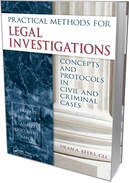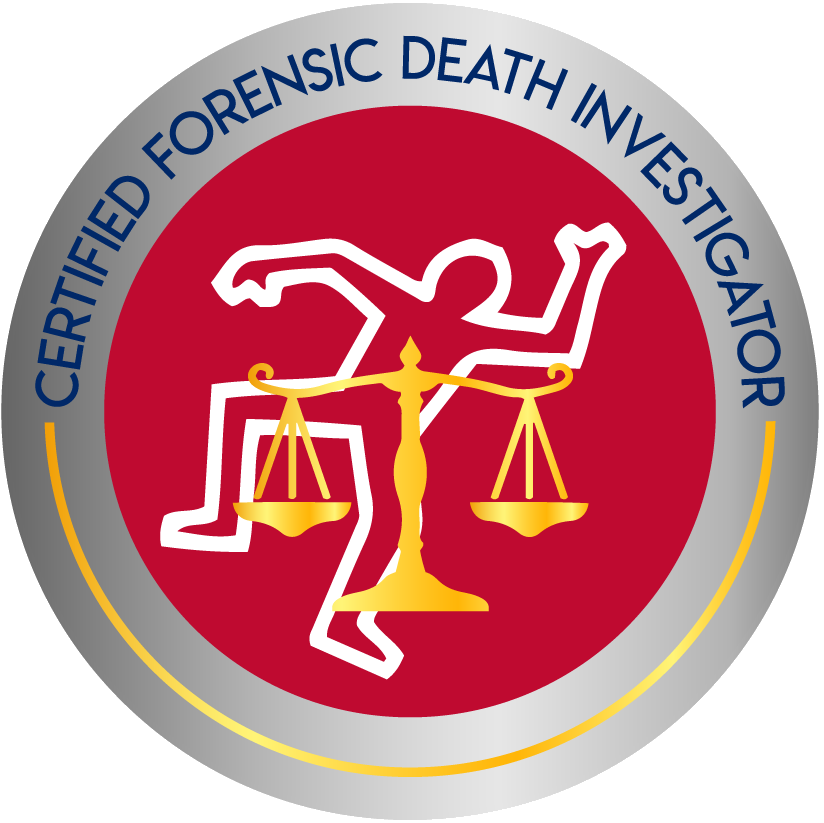
In Dean’s book, ‘Practical Methods for Legal Investigations: Concepts and Protocols in Civil and Criminal Cases’ – (www.PracticalMethodsForLegalInvestigations.com) the process of legal investigation, including conducting these types of investigations, is Prepare, Inquire, Analyze, Document, and Report.
In the last three months we shared some insight into the first three steps of Dean’s developed professional investigative protocol – Prepare, Inquire and Analyze – at www.DeathCaseReview.com/afi-llc-blog. This month we will talk about the natural transition to Document.
In the Document stage of this Investigative protocol it is time to review and document the factual information and evidence. There are three components to this: evidentiary discovery and disclosures, attorney-client and client, and the legal investigator’s work product. There are three purposes to this documentation: existing and excluded, cross referenced across components, and to maintain evidence protocols and procedures. the legal investigator should follow a protocol and methodology that includes record keeping and tracking - just as they do when reviewing of discovery and disclosures from opposing parties. In this we see the course of our own investigation, and the opposing investigation. This is primarily useful in criminal defense and looking into official investigations leading to charges and prosecution.
This includes having evidence logs, photograph logs, diagram details, witness information, and time lines as needed. Keep continuous case progression information in a summary. As the case nears possible settlement, disposition, negotiations, or trial – the attorney will want a concise summary of the case reports. This will allow you to (almost) effortlessly present this information to the attorney.
This Document stage is not reporting or memorializing specifics of the case. This Document stage is for the purpose of knowing what components are in the working case file. Most of the tasks in this Document stage have been completed concurrently with the other stages: Prepare, Inquire, and Analyze stages - as information comes in and is generated, it is logged with associated cross-references noted. This Document stage is both a task and a check to ensure completion. If it is not supported it cannot be reported; and, if it is not reported, it is not evidence.


